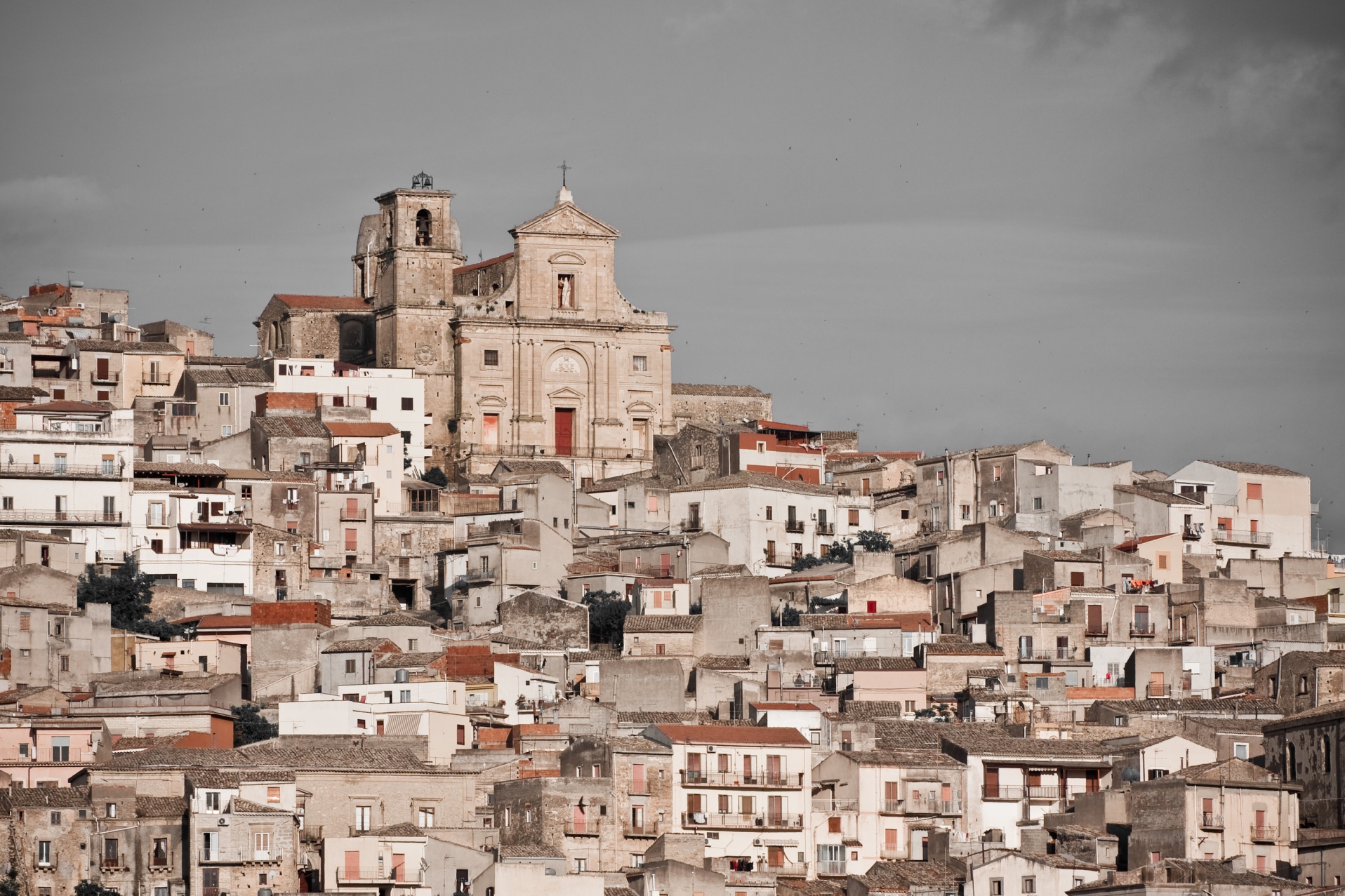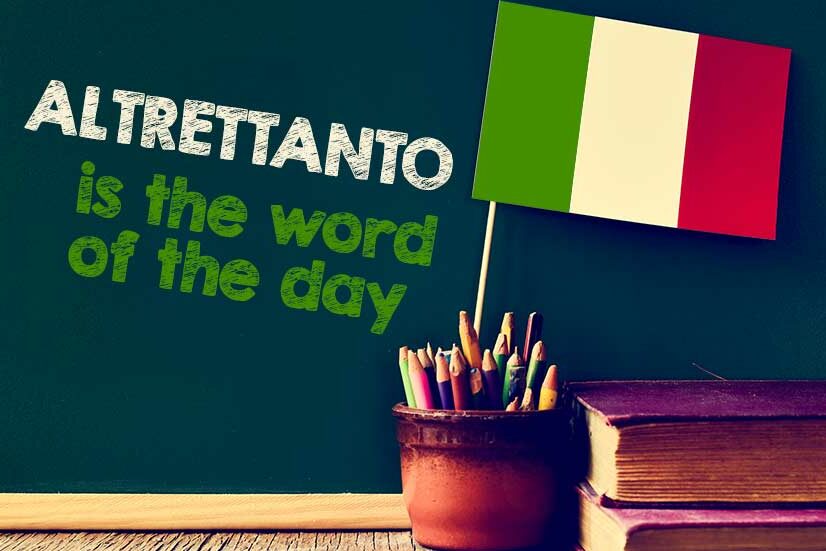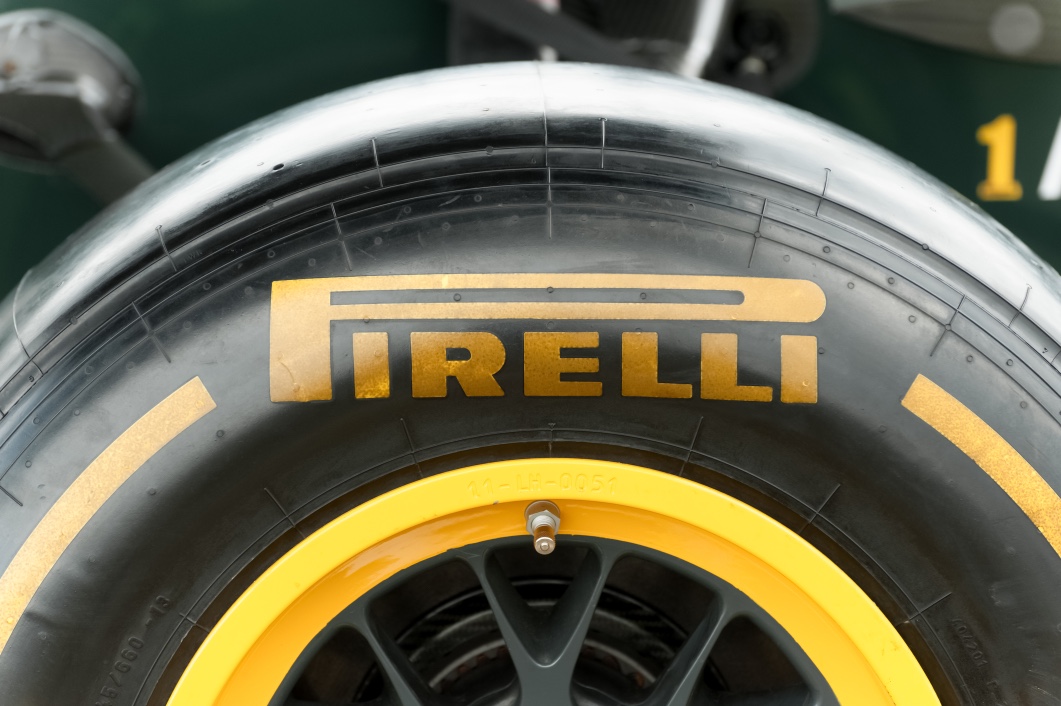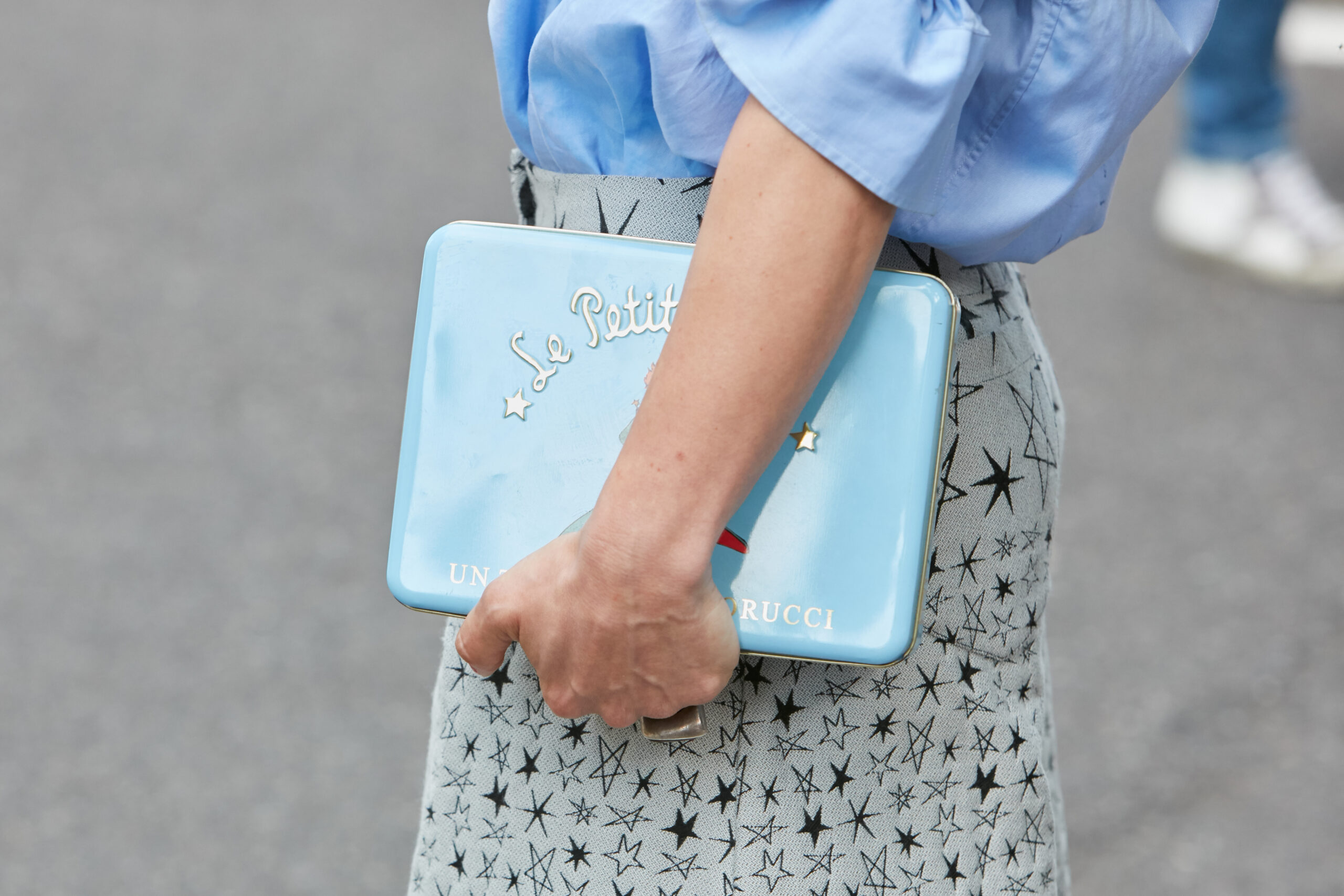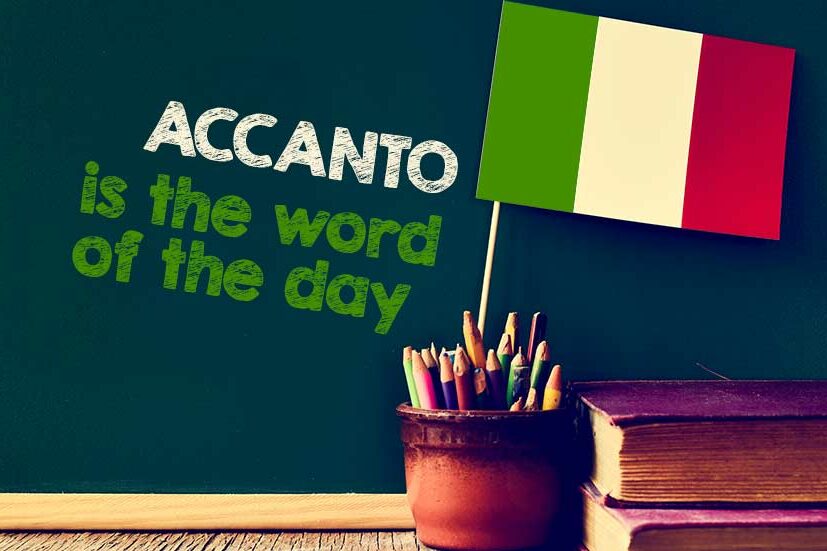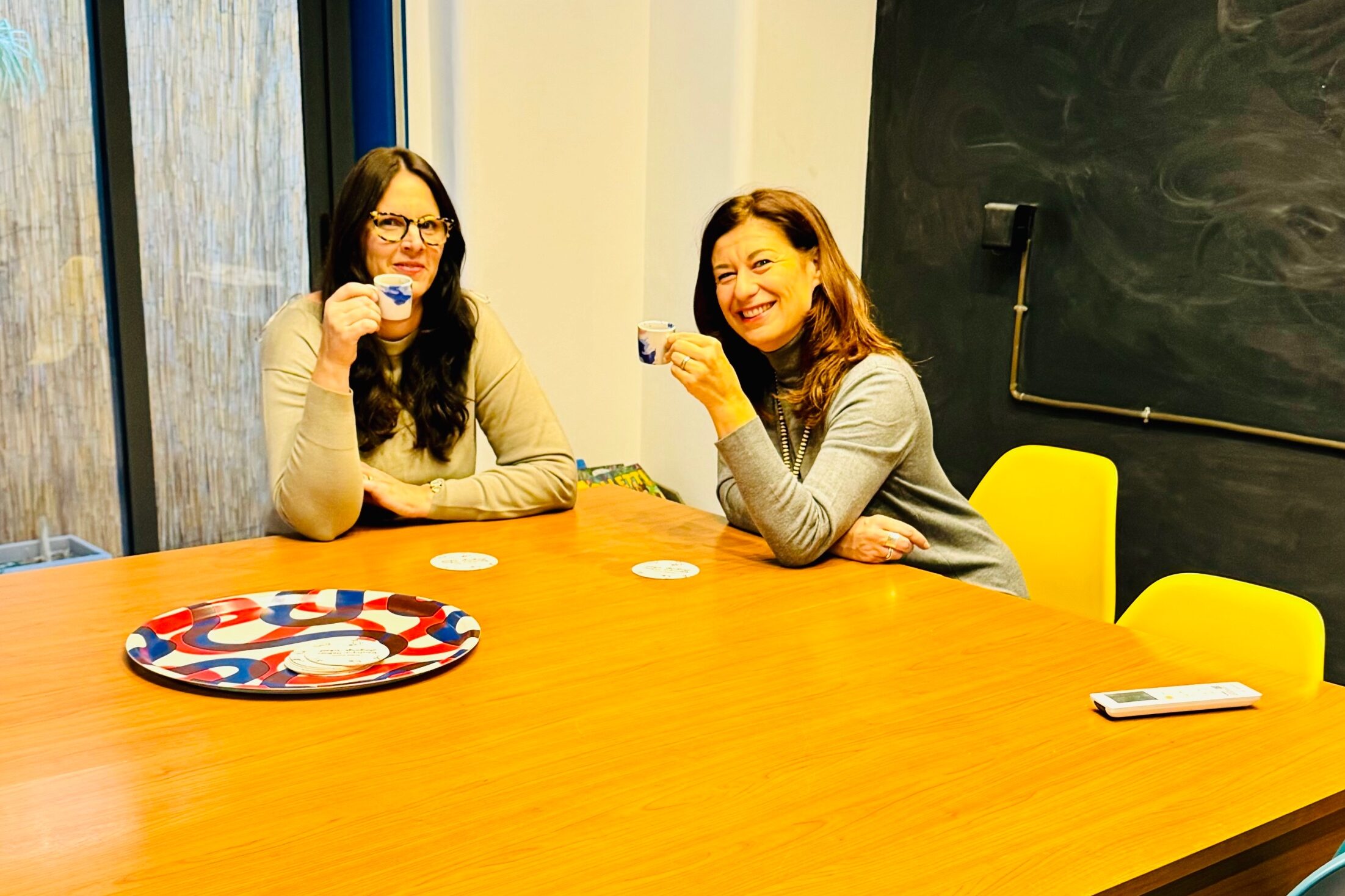Staff
Its central location places Agira at the heart of Sicilian culture and history, making it easily accessible from various parts of the island. Recently honored as one of Italy’s Borghi più Belli d’Italia, “Italy’s Most Beautiful Villages” Agira, with its rich heritage …
Today’s word, altrettanto (ahl-treht-tahn-toh), is a “univerbation,” a fancy term that means it is formed by two words: altro and tanto. This combination reflects the Latin expression alterum tantum, and it is similar to the French autant and the Venetian altretanto. These roots convey meanings like “other,” “more,” and …
For many Italian Americans, the prospect of acquiring Italian citizenship is a deeply personal and appealing journey, connecting them to their heritage and opening doors to new opportunities. However, navigating the complex bureaucracy of citizenship applications can be daunting. Fortunately, there …
November in Italy is a dream come true for chocolate lovers, with various regions hosting delightful chocolate fairs. From the historic streets of Turin to the charming squares of Bari and Marostica, Italy’s passion for chocolate comes to life in these events. Let’s check them out …
Giovanni Battista Pirelli, a visionary young engineer, founded Pirelli in Milan in 1872, initially specializing in rubber and derivative processes, including the production of scuba diving rebreathers. As the 20th century progressed, the company astutely shifted its focus towards the …
The Italian word dopotutto (doh-poh-toot-toh) a compound of “dopo” (after) and “tutto” (all or everything), encapsulates the idea of summing up or concluding with consideration of all facts, akin to the English phrases “after all” or “in the end.” This term is …
Milan, 1967: this is when Fiorucci first raised to the attention of fashion lovers. Founded by Elio Fiorucci, the son of a shoe shop owner, the brand soon became a symbol of innovation and unique flamboyance, inspired by the very essence and creativity of …
The word accanto (ahk-kahn-toh) comes from the fusion of the Italian word canto and the prefix “a.” Canto in Italian can refer to singing, but is also an old-fashioned way to say “corner,” or “side.” The prefix “a,” on the …
Is there anything as amazing as finding someone to share a dream with and make it a reality? Jean Rivaldi and Francesca Peretto managed to do just that when they came together to create Vero Viaggio, an Italian language and culture experience like no other. Jean’s …
The story of carbon copy paper‘s invention is deeply intertwined with the innovative work of Pellegrino Turri, an Italian inventor whose contributions in the early 19th century played a pivotal role in the development of this technology. In 1801, Turri created the …
